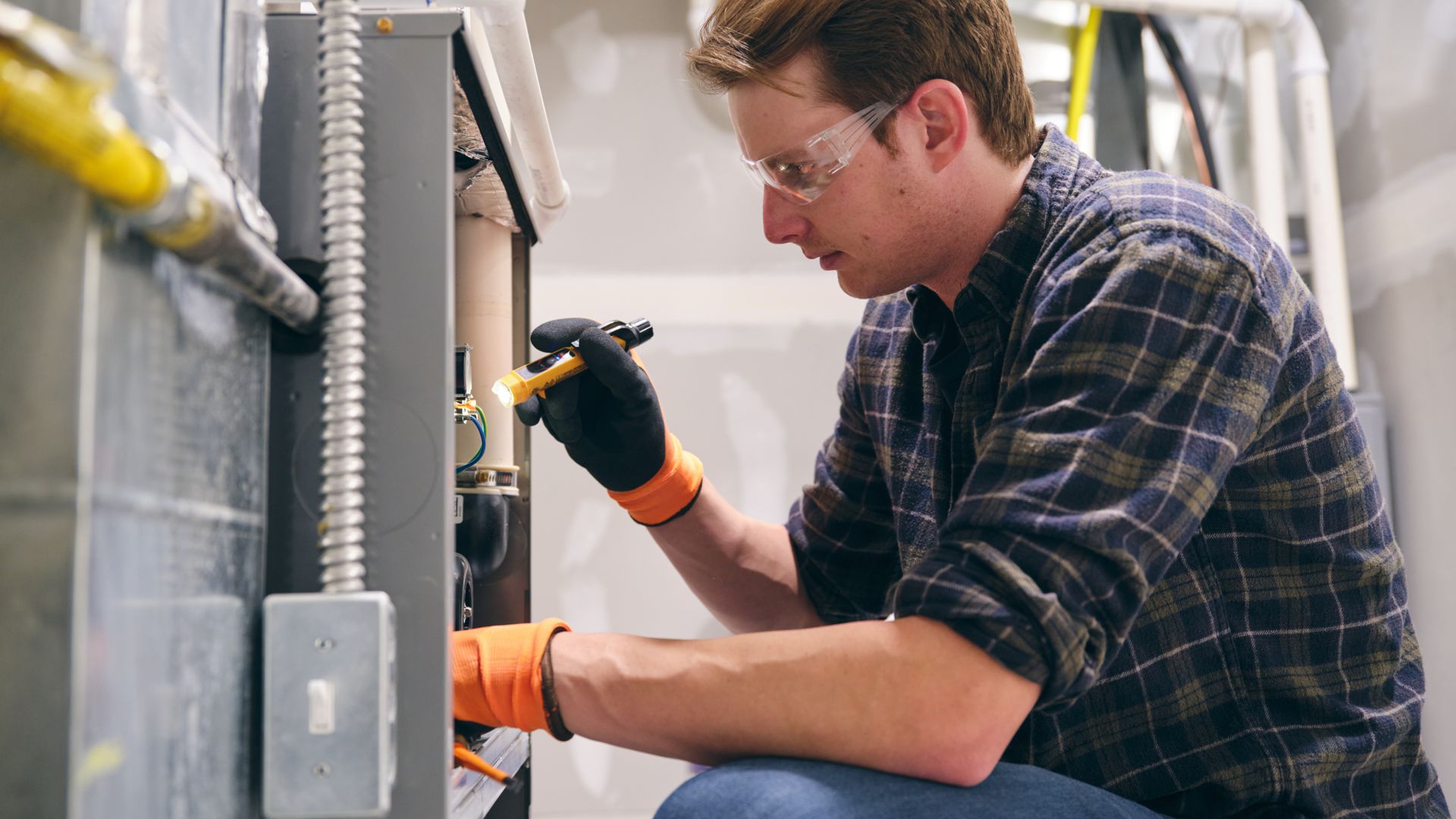During the winter months, many of us retreat indoors to escape the chilly temperatures, inadvertently spending more time in environments where the air quality could potentially be worse than outside. Many might be surprised to learn that indoor air can be several times more polluted than outdoor air. This discrepancy can become starker in winter due to a combination of factors that create a 'perfect storm' for declining indoor air quality.
Some common culprits for this drop in indoor air quality include:
- Insufficient Ventilation: Homes are often sealed tightly during winter, reducing indoor and outdoor air exchange.
- Increased Use of Heating Systems: These can release pollutants into the air, primarily if not correctly maintained.
- Excess Moisture: This can lead to mold growth, a common indoor air pollutant.
- Indoor Activities: Things like cooking, burning candles, or using certain cleaning products can release pollutants into the air.
Understanding these factors is the first step in taking action to improve your home's indoor air quality during the winter months.
Minimizing Dust Accumulation in Your Home
The winter season often ushers in drier air, increasing dust buildup within your home. Additionally, dust mites are notorious indoor allergens and can accumulate in bedding and upholstered furniture. Tackling the problem of dust accumulation effectively requires a consistent cleaning routine.
Here are some practical steps you can take:
- Vacuum and dust regularly
- Clean bedding and upholstery
- Clean ceiling fan blades
- Utilize air filters and purifiers
- Don't wear outside shoes inside your home
- Use doormats to stop a significant amount of dirt from making its way indoors
Another way to further reduce dust accumulation in your home is to use a vacuum cleaner that uses a High-Efficiency Particulate Air (HEPA) filter. This type of filter is specifically designed to trap dust particles, ensuring their minimal presence in your indoor air.
Maintaining Optimal Humidity Levels
One often overlooked factor that significantly impacts indoor air quality is the level of humidity present in your home. Humidity, the amount of water vapor in the air, can greatly affect both the quality of your indoor air and the overall comfort of your living environment. Maintaining an optimal humidity level between 30% and 50% is crucial for healthy indoor air quality.
When humidity levels are too high, usually above 50%, it can create a conducive environment for the growth of mold, mildew, and dust mites, which are known allergens and cause various respiratory problems. High humidity also makes the air feel heavy and can result in a clammy, uncomfortable atmosphere in your home.
On the other hand, overly dry air, usually when humidity levels drop below 30%, can also lead to problems. It can cause dryness of the skin, throat, and mucous membranes and can exacerbate symptoms of asthma and other respiratory conditions. Further, it can lead to an increase in static electricity and may even damage wooden furniture and musical instruments.
Proper HVAC Maintenance for Improved Air Quality
Maintaining your HVAC system properly is essential to improve indoor air quality during winter. A well-maintained heating and cooling system can more efficiently filter out pollutants, reducing their concentration in your indoor air. This can be particularly beneficial in the winter months when your HVAC system is running more frequently.
Here are some practical DIY tasks you can undertake:
- Change your air filters regularly: Dirty or clogged air filters can restrict airflow, causing your system to work harder and potentially releasing pollutants into your home. Aim to change your air filters every 1-2 months during the winter when your system is in frequent use.
- Ensure proper ventilation and airflow: Ensure all vents and registers are open and not blocked by furniture or curtains. This allows for better air circulation and helps distribute clean, filtered air throughout your home.
- Get fresh air when possible: Even though the winter months can be chilly, try to air out your home occasionally and bring fresh air inside your home when you can. Doing so can help flush out pollutants and make your home more comfortable and less stuffy.
Implementing these simple tasks can greatly contribute to maintaining a healthier, more comfortable indoor environment during winter.
Do you need help improving your home's air quality? Call Bolls Heating & Cooling for help. Our team of experienced air quality specialists is always ready to help.
